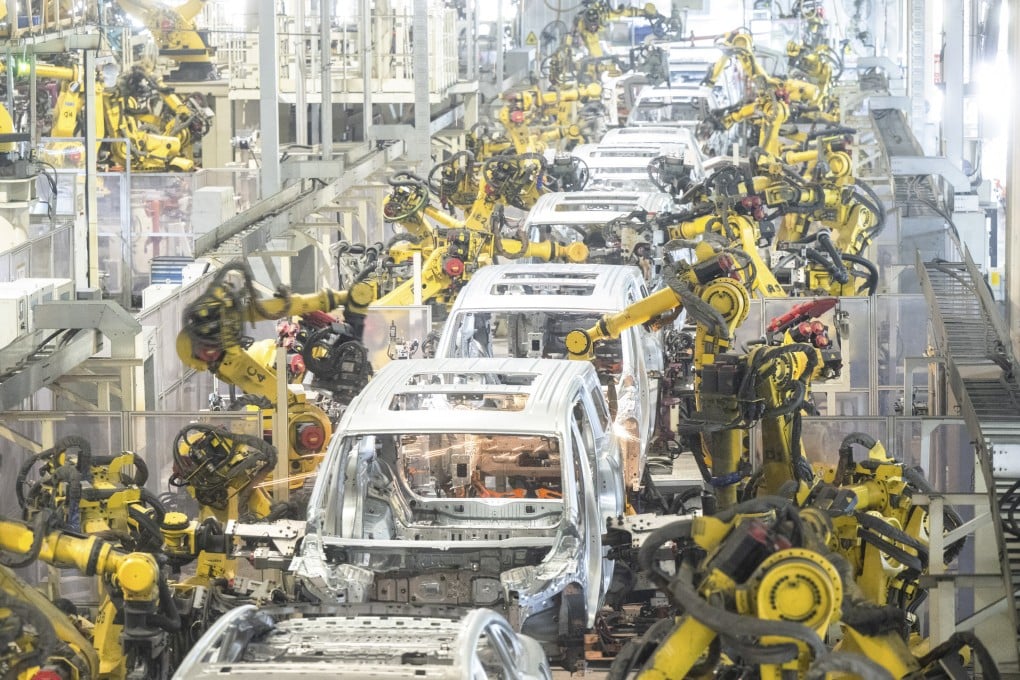China EV tariff vote leaves EU relieved yet wary over Beijing’s likely retaliation
Decision to slap duties of up to 35 per cent on mainland imports lays bare divisions in European leadership as complex negotiations continue

In the end, the result was not even close: just five of the 15 capitals required to block duties of up to 35.3 per cent on the imports voted against, despite frantic lobbying from Beijing and Berlin to oppose them.
A dozen abstentions might not look like glowing support on paper, but in Brussels they were seen as efforts to offer simultaneous, if lukewarm, support for the commission’s findings, while staying out of Beijing’s retaliatory firing line.
A defeat would have left commission chief Ursula von der Leyen’s hawkish China agenda dead in the water before her second team of commissioners was put in place.